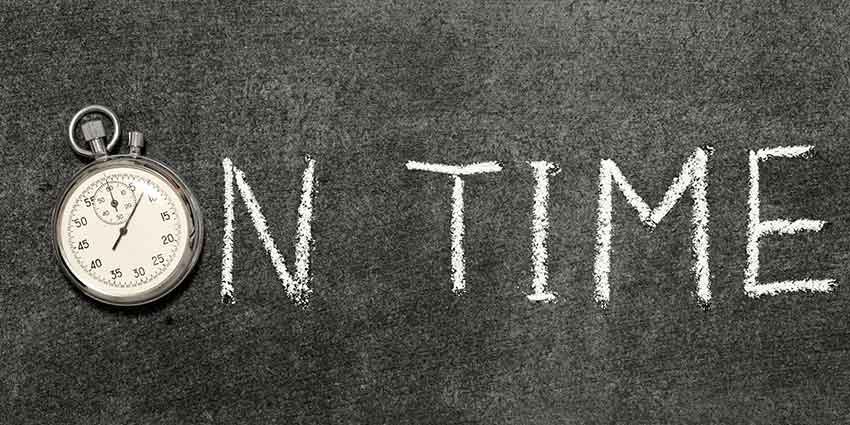Delving into the World of Licensed Home Inspectors
In the dynamic real estate landscape, ensuring the integrity of a property is paramount. Licensed Home Inspectors play a crucial role in this process, serving as the guardians of homebuyers and sellers alike.
In the heart of Orlando, FL, the Licensing Education Academy for Professionals (LEAP) stands as a beacon for those aspiring to join the ranks of these meticulous professionals.
Understanding the Role of a Licensed Home Inspector
A Licensed Home Inspector is a trained professional responsible for conducting thorough examinations of residential properties. Their primary objective is to provide clients with a comprehensive understanding of the property’s condition, identifying potential issues and ensuring informed decision-making.
These inspectors act as unbiased third parties, offering a detailed assessment of a property’s structural integrity, safety, and overall functionality.
Responsibilities of Licensed Home Inspectors
Licensed Home Inspectors shoulder a diverse range of responsibilities to guarantee a comprehensive evaluation of a property. These include:
- Structural Assessment: Examining the foundation, walls, and roof to identify any structural issues.
- Electrical Systems Inspection: Ensuring the safety and functionality of wiring, outlets, and electrical panels.
- Plumbing Analysis: Assessing the plumbing system for leaks, proper drainage, and functionality.
- HVAC System Evaluation: Checking heating, ventilation, and air conditioning systems for efficiency and safety.
- Appliance Inspection: Verifying the condition and functionality of included appliances.
- Safety Checks: Identifying potential safety hazards such as mold, asbestos, or lead-based paint.
Components of a Comprehensive Home Inspection
A Licensed Home Inspector’s evaluation encompasses various components, including:
-
Structure:
- The structure evaluation involves examining the foundation, walls, ceilings, floors, and overall framework of the house. Inspectors check for structural integrity, signs of cracks, shifts, or settlement that might indicate foundational issues. They look for proper construction techniques and assess whether the structure can support the house’s weight effectively.
-
Electrical System:
- This assessment focuses on the home’s electrical components, including wiring, outlets, circuit breakers, and electrical panels. Inspectors check for compliance with building codes, potential fire hazards, and safety issues. They ensure the system is properly grounded and can handle the electrical load of the house.
-
HVAC (Heating, Ventilation, and Air Conditioning):
- Inspectors examine heating and cooling systems, including furnaces, air conditioners, heat pumps, and ductwork. They check for functionality, age, efficiency, and safety concerns. Inspections involve examining filters, thermostats, and the general condition of the HVAC system to ensure proper operation and potential lifespan.
-
Roof Covering:
- The roof inspection involves examining the roof’s structure, materials, age, and condition. Inspectors look for signs of damage, such as missing or damaged shingles, leaks, or sagging. They assess the overall integrity and estimate the remaining lifespan of the roof.
-
Plumbing:
- This component involves examining the plumbing system, including pipes, fixtures, water heaters, and drainage. Inspectors check for leaks, water pressure, proper drainage, and the functionality of sinks, showers, toilets, and other fixtures. They also assess the condition of pipes for any signs of corrosion or damage.
-
Interior:
- Inspectors evaluate the interior elements of the house, including walls, ceilings, floors, windows, doors, and stairways. They look for signs of water damage, mold, cracks, or any structural issues. Inspections also include assessing the condition of paint, insulation, and the general overall finish of the interior spaces.
-
Exterior:
- The exterior inspection involves assessing the exterior elements such as siding, paint, trim, doors, windows, and any attached structures like decks or patios. Inspectors look for signs of damage, water intrusion, rot, or pest infestations. They also check the grading around the house to ensure proper drainage away from the foundation.
-
Site Conditions:
- Inspectors evaluate the surrounding property, including the landscape, drainage, sidewalks, driveways, and any additional structures like fences or sheds. They look for potential safety hazards, improper grading, water pooling, or any issues that might affect the property’s integrity.
Each of these components plays a crucial role in determining the overall condition of a home. Inspections aim to identify existing problems or potential issues that may require attention or further evaluation by specialists. The thorough examination of these components helps homebuyers make informed decisions and prioritize necessary repairs or maintenance.
Tools and Technology at the Inspector’s Fingertips
Modern home inspections are augmented by advanced tools and technology. Licensed Home Inspectors leverage:
- Thermal Imaging Cameras: Detecting hidden issues like water leaks or insulation gaps.
- Moisture Meters: Identifying potential water damage and mold issues.
- Radon Testing Devices: Assessing levels of this radioactive gas that can be harmful when concentrated.
- Drone Technology: Aiding in roof inspections and providing a comprehensive view of the property.
- Digital Reporting Software: Streamlining the generation of detailed and easy-to-understand inspection reports.
The LEAP Advantage in Orlando, FL
Aspiring Licensed Home Inspectors in Orlando turn to LEAP for its comprehensive education programs. LEAP equips students with the knowledge and skills needed to excel in this critical profession, ensuring that each inspector is well-prepared to navigate the complexities of the real estate market.
In conclusion, Licensed Home Inspectors are the unsung heroes of real estate transactions, providing invaluable insights for buyers and sellers. With LEAP’s guidance in Orlando, FL, individuals can embark on a rewarding journey to become adept professionals in this essential field.






